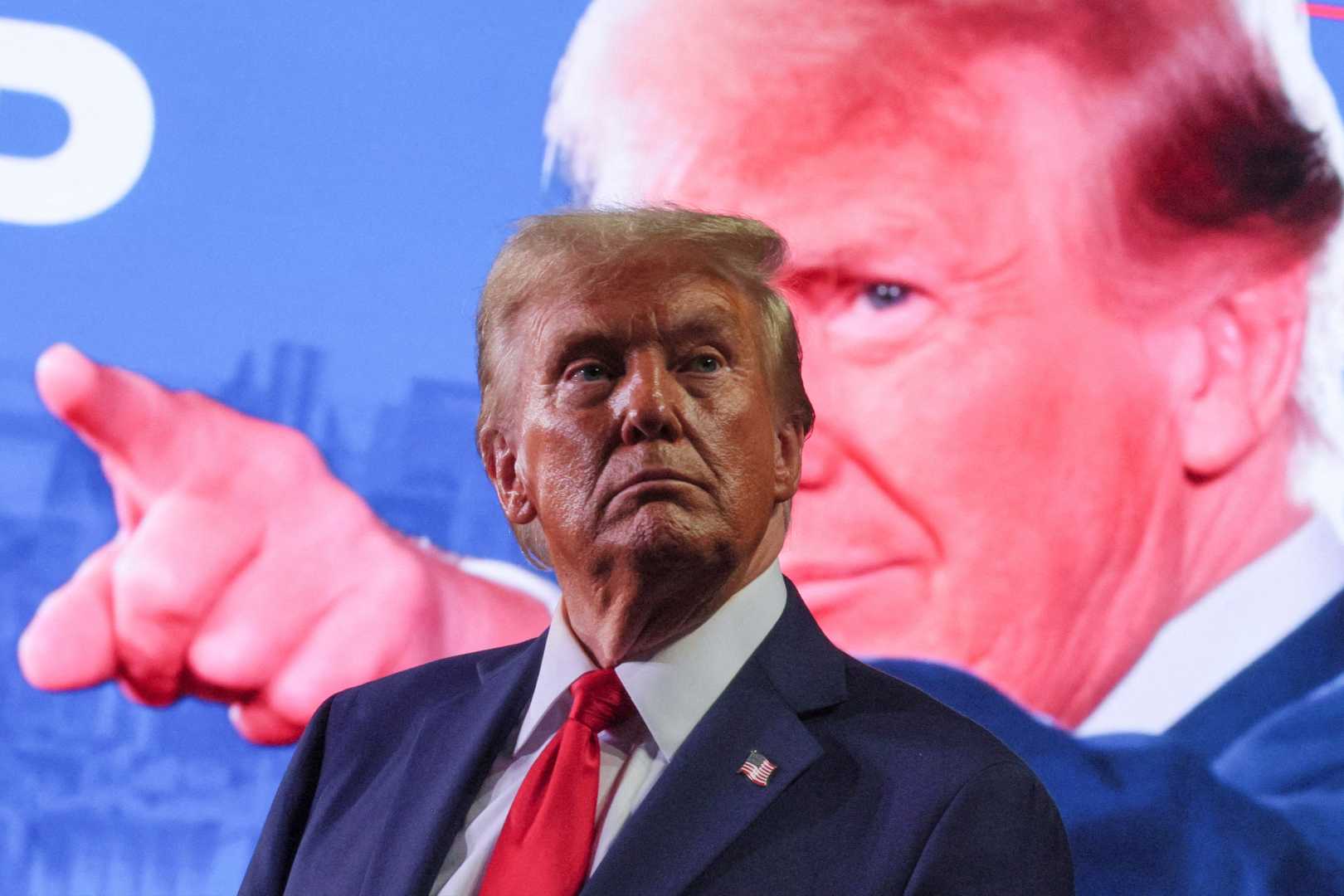Politics
Trump’s Push for Recess Appointments: What It Means and Why It’s Controversial

President-elect Donald Trump is making a significant demand of the next Senate Republican leader, insisting that they must agree to allow him to make recess appointments. This move has sparked controversy and highlights a potential shift in how presidential appointments are handled.
Recess appointments are a constitutional provision that allows the president to fill vacancies temporarily when the Senate is in recess. According to Article II, Section 2, Clause 3 of the Constitution, these appointments can last until the end of the next session of Congress. Historically, recess appointments were used as a stopgap measure to ensure that critical government positions were not left vacant for extended periods.
However, the use of recess appointments has been curtailed in recent years. The Supreme Court‘s 2014 decision in the case of *Noel Canning* limited the president’s ability to make recess appointments, ruling that recesses shorter than 10 days are generally too short to trigger this power. Additionally, the Senate has adopted the practice of holding *pro forma* sessions every few days during extended recesses to prevent the president from making such appointments.
Trump’s demand for recess appointments is seen as a way to bypass the Senate’s advice and consent role in the appointment process. This process typically involves the president nominating candidates, who then undergo background checks, hearings, and votes by the relevant Senate committees and the full Senate. Recess appointments would circumvent this process, allowing Trump to appoint officials without Senate scrutiny.
The implications of Trump’s push for recess appointments are significant. It would allow him to staff his administration with appointees who have not been vetted by the Senate, potentially leading to the appointment of unqualified or controversial nominees. This has raised concerns about the erosion of constitutional checks and balances and the potential for abuse of presidential power.
The next Senate Republican leader will face significant pressure to comply with Trump’s demands, which could lead to a showdown between the executive and legislative branches. The willingness of some Republican senators to consider this demand has also raised questions about their commitment to upholding the separation of powers and the integrity of the Senate’s role in the appointment process.












